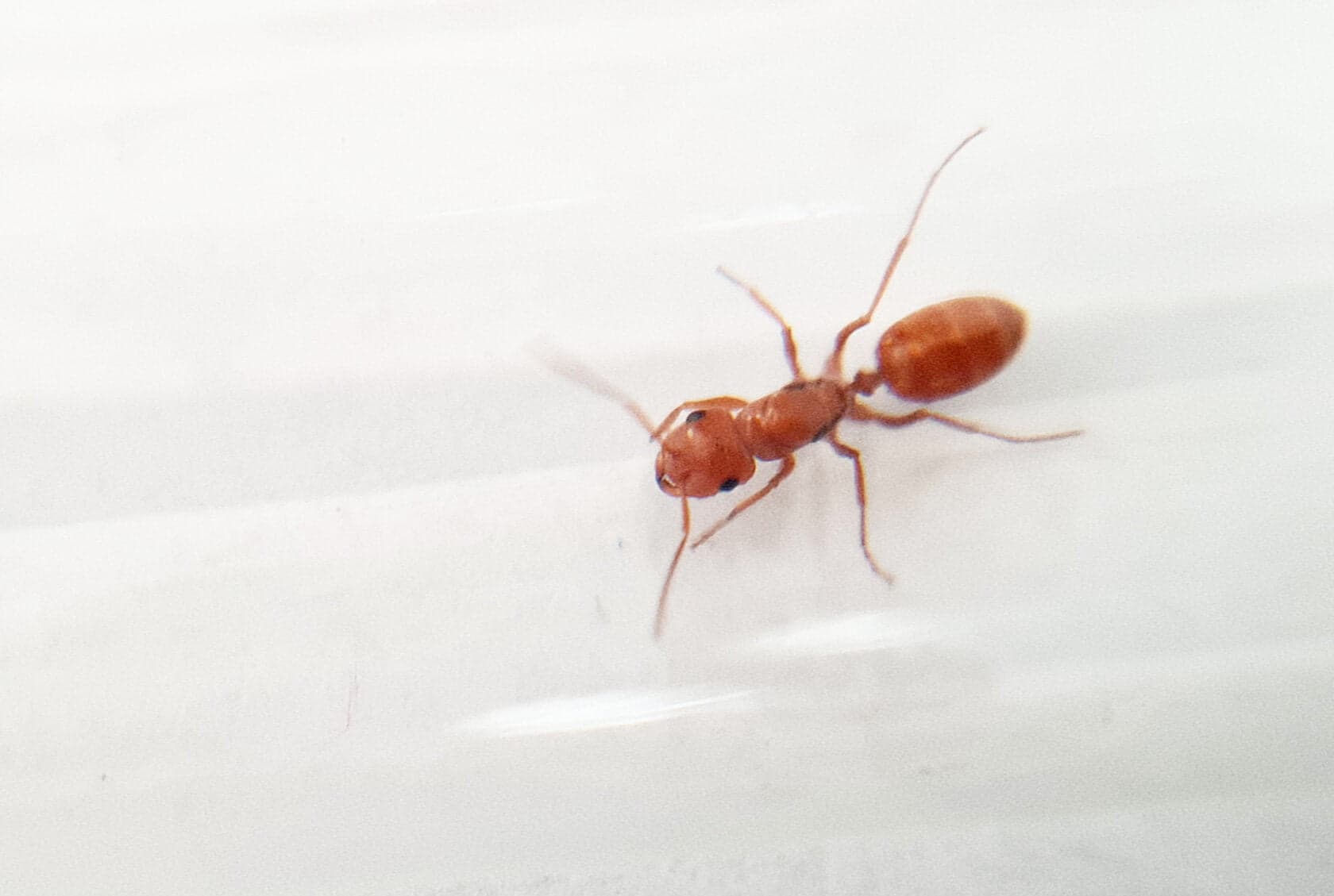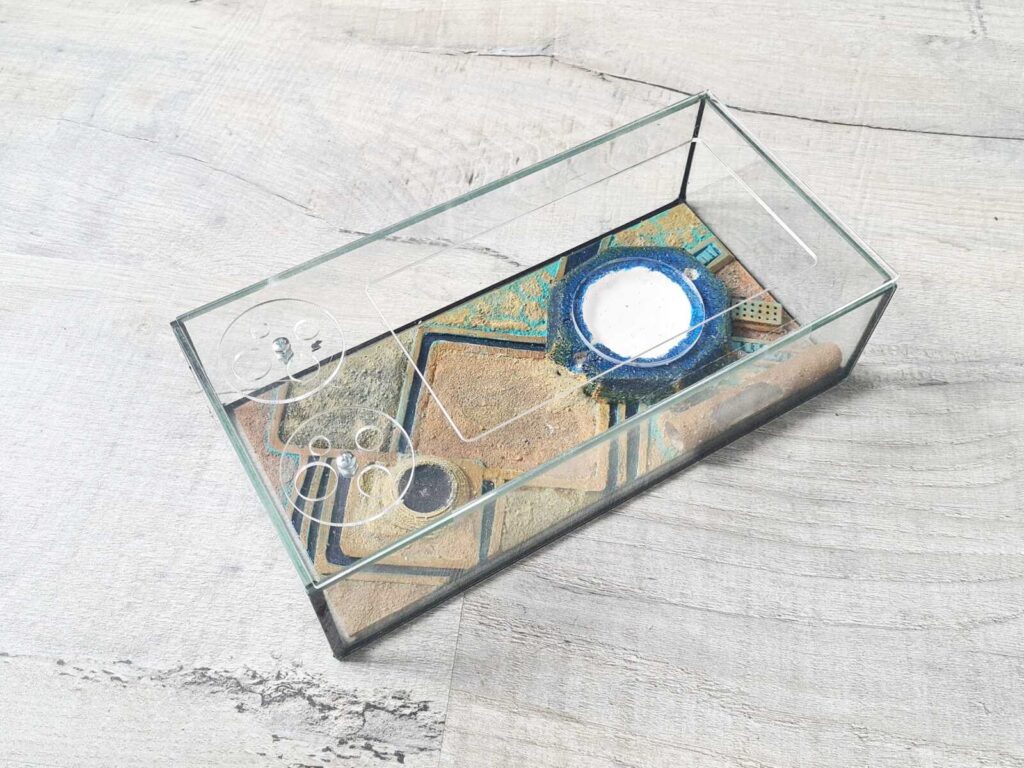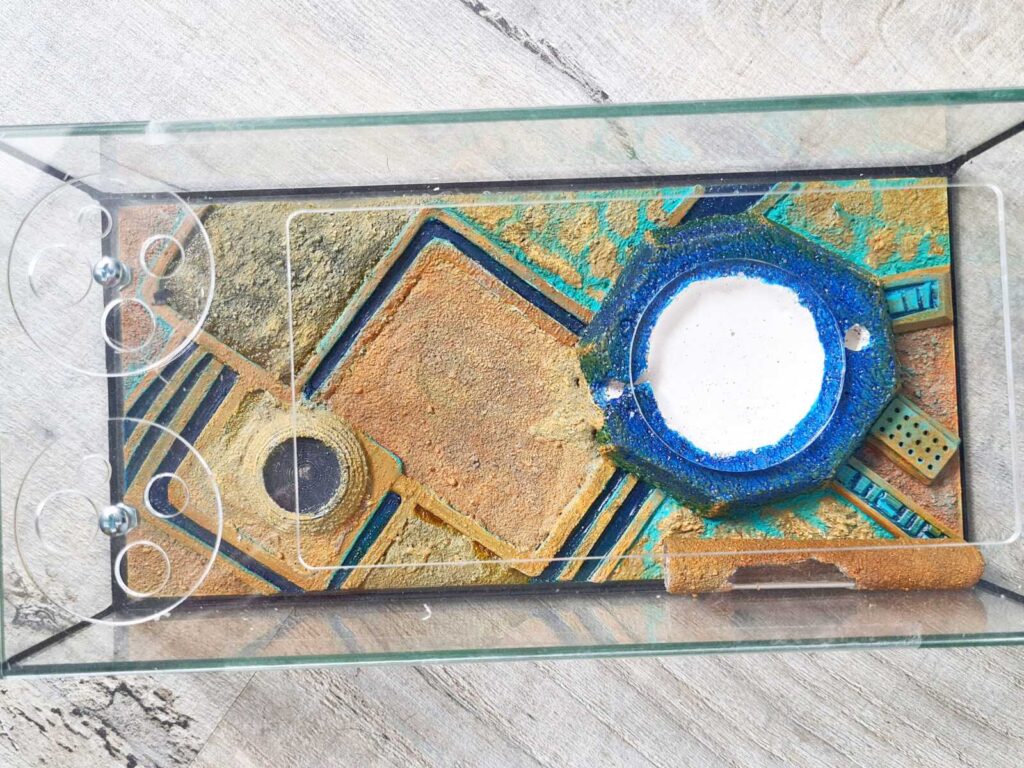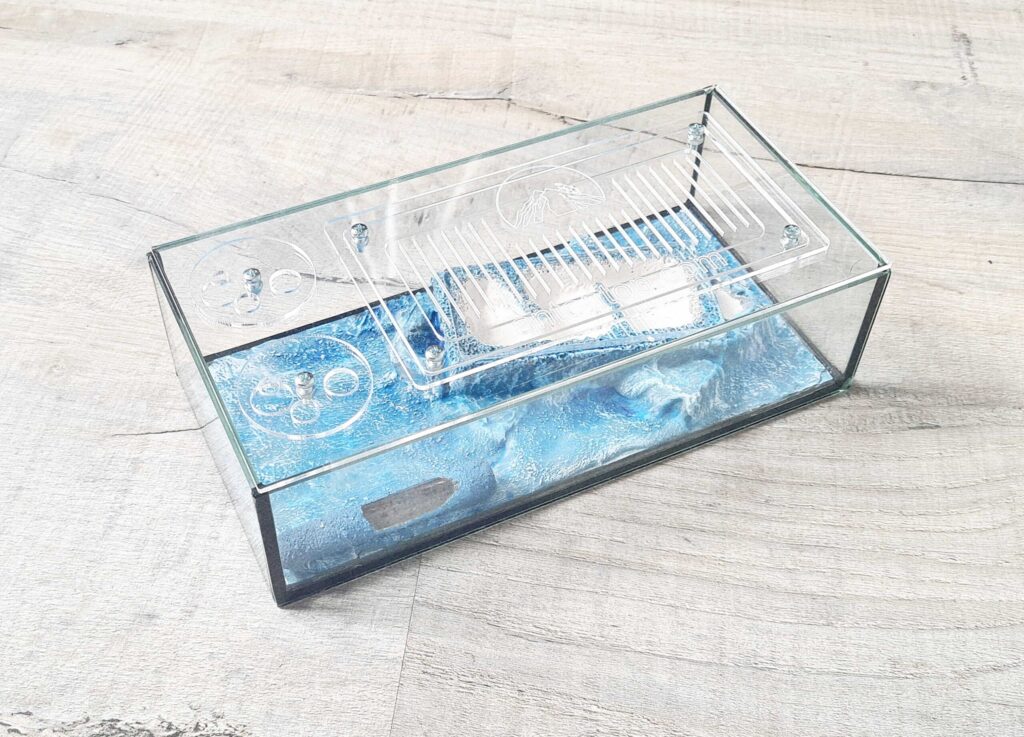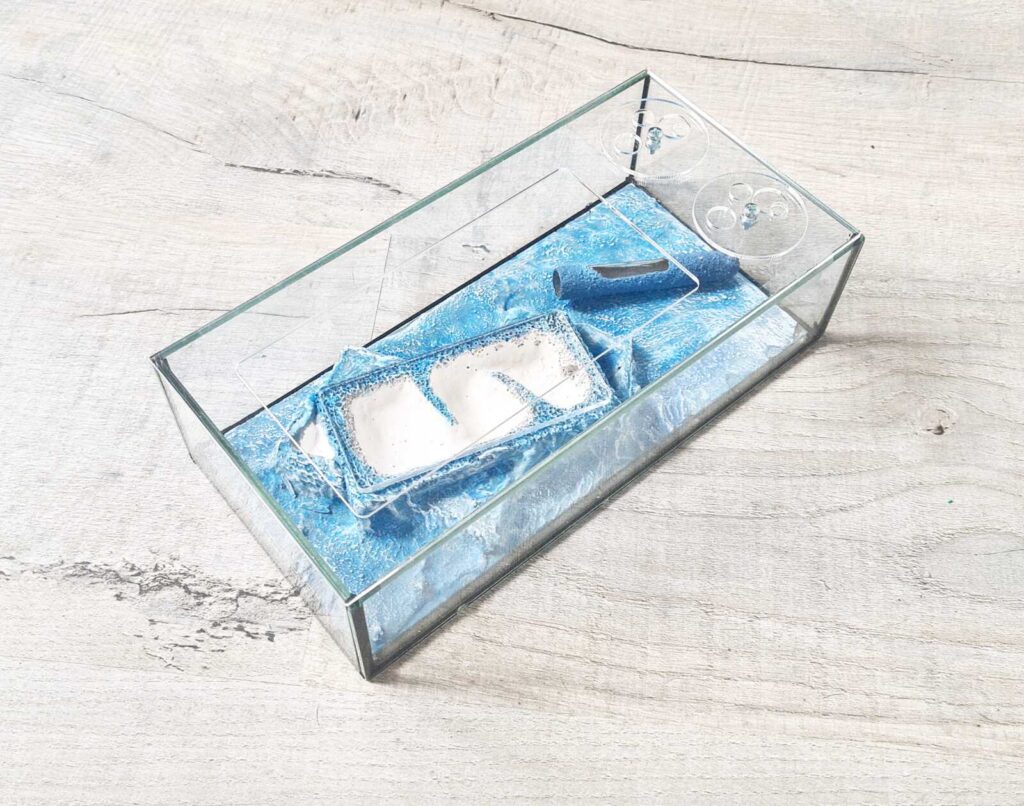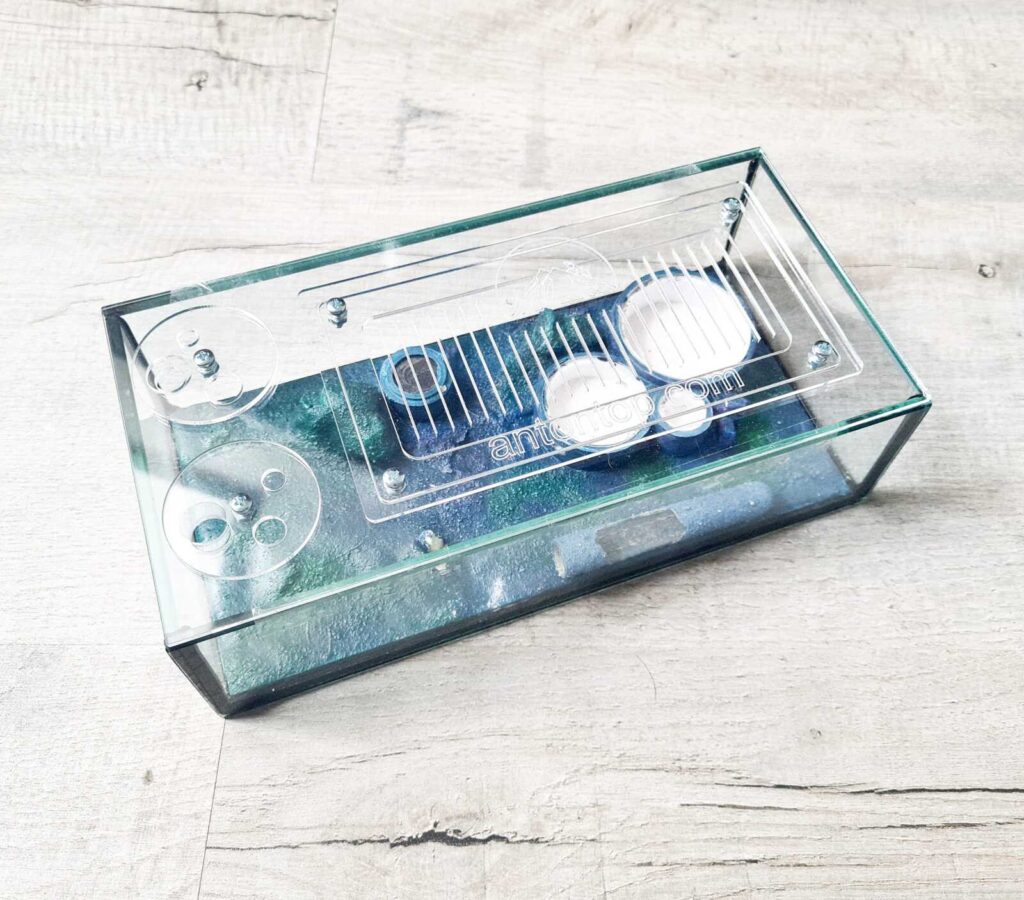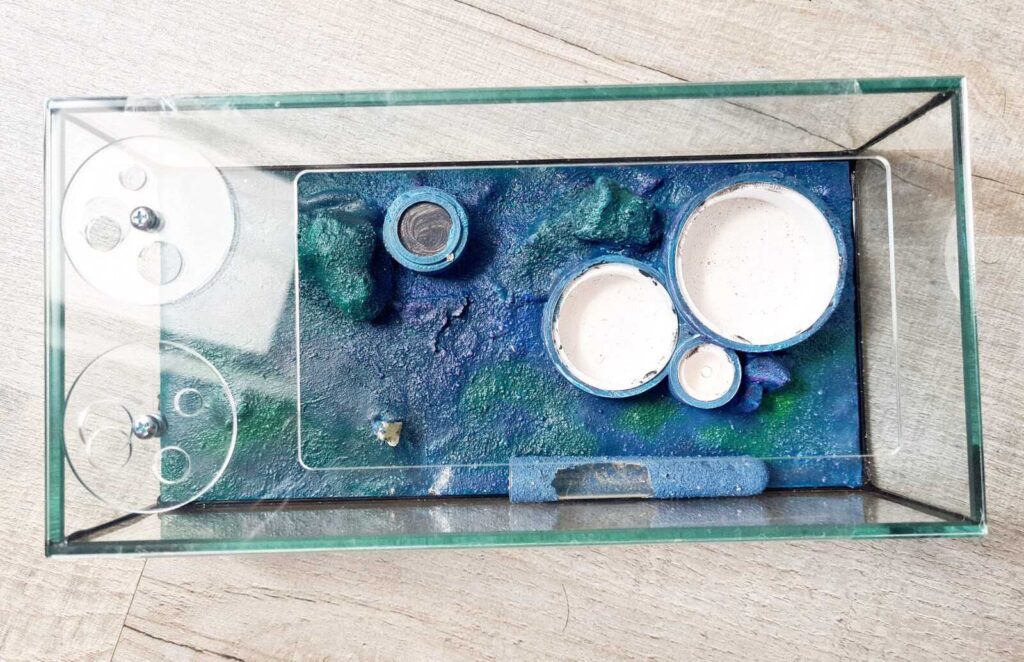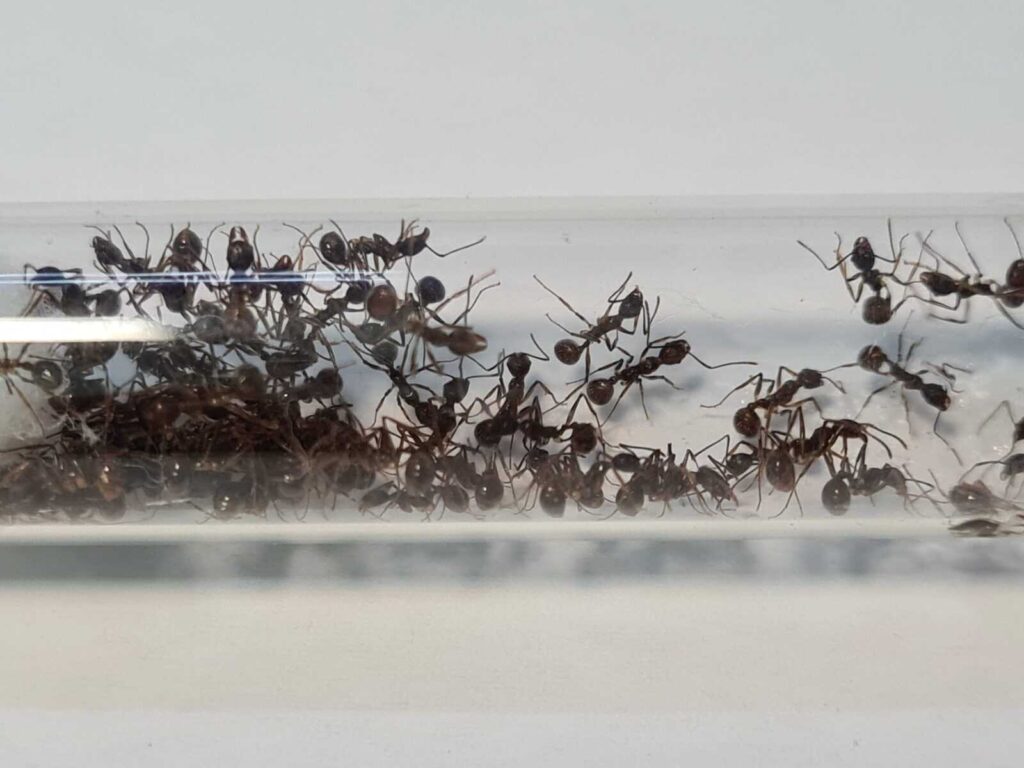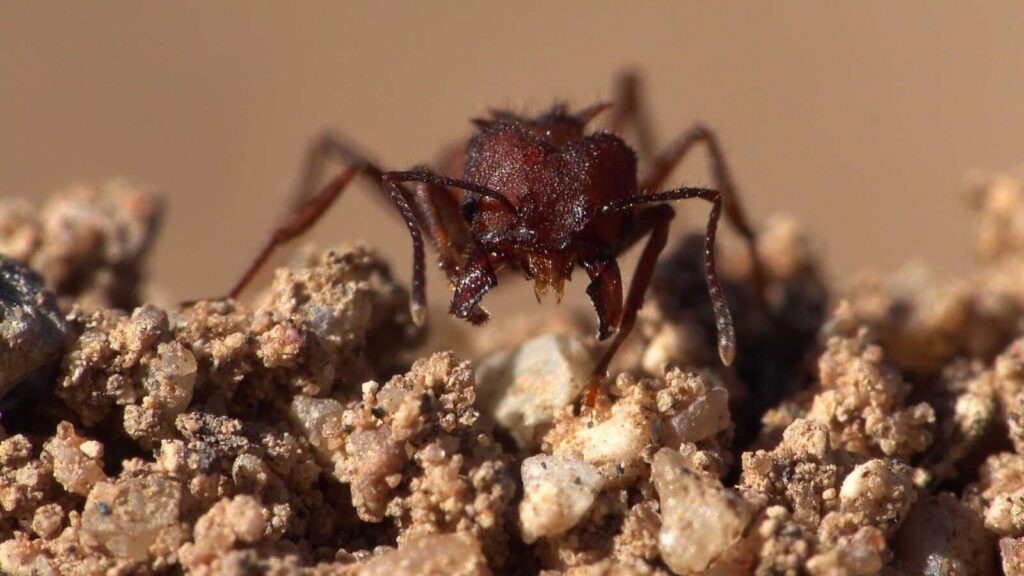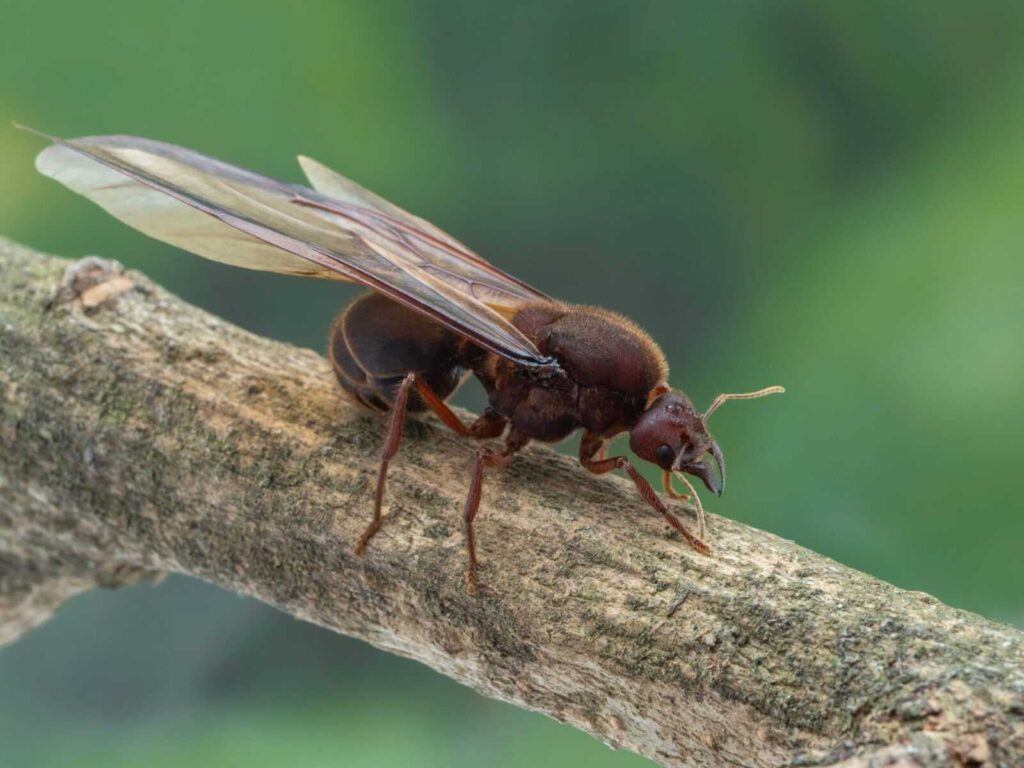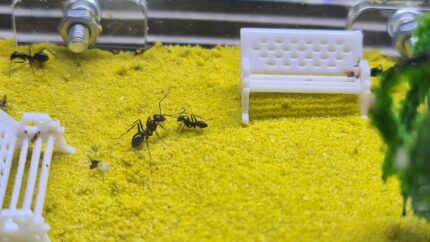
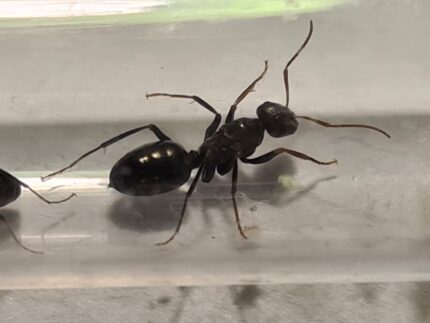
Cataglyphis arenaria
559,90 zł – 799,90 zł
Worldwide shipping
Free delivery over 500 PLN
The highest quality of goods
Live delivery guarantee
24/7 Personal Support
Fair Prices
Description
The Cataglyphis arenarius is a polygynous ant species with colonies of up to 5000 workers. They have a very fast development speed and come in sizes of 9-11mm for queens and 4-9mm for workers. They have a light orange color and their diet consists of food insects, syrup, fruit, vegetables, jelly, and cooked chicken without salt.
Additional information
| Behavior | |
|---|---|
| Difficulty in breeding | |
| Origin | |
| The size of ants | |
| Wintering |
Cataglyphis arenaria: A Fast and Fascinating Ant Species
Colony Type and Size
Cataglyphis arenaria, also known as the desert ant, is a polygynous ant species. This means that a single colony may have multiple queens. With a colony size of up to 5000 workers, they are an impressive and thriving community.
Colony Type: Polygyny
Colony Size: Up to 5000 workers
Development Speed: Fast
Size and Color:
- Queen: 9-11 mm
- Workers: 4-9 mm
Colour: orange
Nutrition:
- Food insects (such as cockroaches and crickets) dead, or live if colony is big
- Syrup (a mixture of water and honey or sugar, with a ratio of 4/3 water:1)
- Fruits and vegetables
- Jelly
- Cooked chicken without salt, shrimps
- Honey
Humidity and Temperature Requirements:
- Humidity: Arena: 30-50%, Nest: 50-60%
- Temperature: Arena: 25-35 °C, Nest: 24-28 °C
Features and Recommendations
Cataglyphis arenaria is known for being the fastest species of ants. Their elongated legs enable them to move swiftly and gracefully. It is advisable to warm up the arena to ensure their optimal activity level and performance.
When it comes to selecting a suitable nest for breeding, acrylic and aerated concrete are highly recommended. These materials provide the necessary ventilation and support the overall comfort and growth of the ants.
While most subspecies of Cataglyphis arenaria require donor cocoons for breeding, this particular species has been successfully bred by other experienced breeders from a single queen. This achievement was made possible through frequent feeding with protein and syrup. If you decide to embark on breeding Cataglyphis arenaria, make sure you are well-prepared for the challenges this species may present. Patience, dedication, and the appropriate resources are essential for successful breeding.
As you consider adding Cataglyphis arenaria to your ant collection, remember that their unique characteristics and care requirements make them a fascinating and rewarding species to raise. Create an inviting habitat, provide a varied diet, and watch as these fast and captivating ants thrive under your care.


